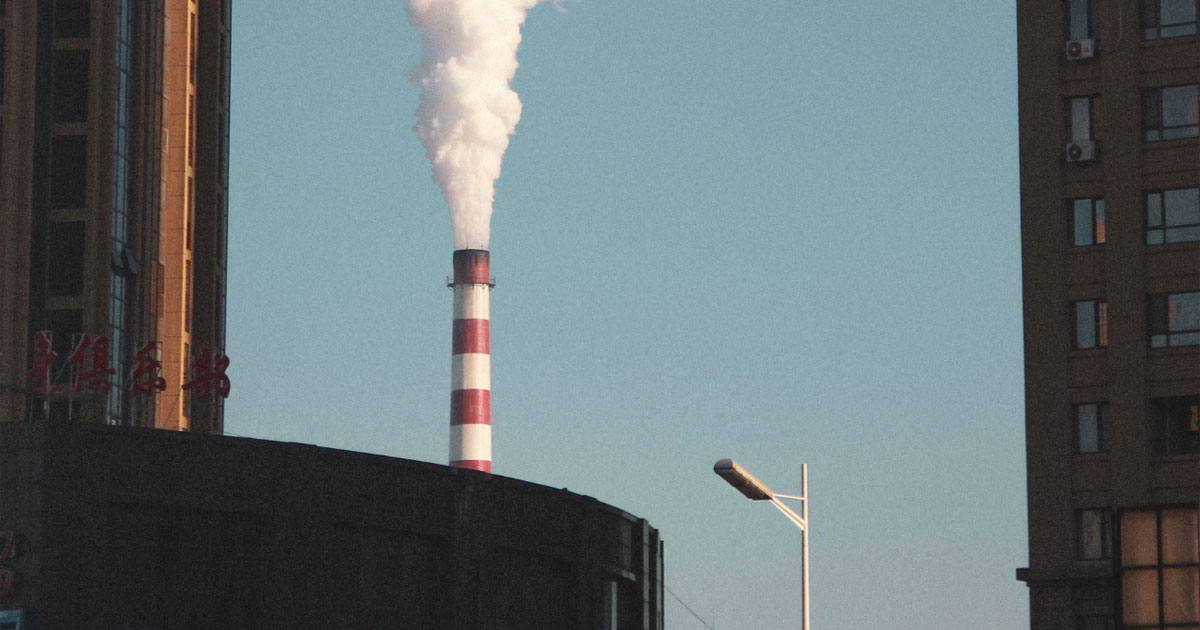An unforeseen consequence of the novel coronavirus outbreak has been discovered: Carbon dioxide emissions in China have been cut by about 100 million metric tonnnes as a result of Covid-19 slamming the brakes on production and consumption country-wide.
This 100 million metric tonnes figure, reported by Bloomberg, is close to the carbon dioxide that Chile emits in a year.
New analysis
Climate nonprofit Carbon Brief provided this new analysis of energy demand and industrial output in China going down as a result of the Covid-19 outbreak.
It found that travel restrictions, longer holidays, and lower economic activity caused by the virus has had widespread impact.
The usual lull around the Chinese New Year, a two-week period that began this year on Jan. 25 in China, has extended to about four weeks now into February.
How report looked at emissions
The report looked at emissions over five years during the two-week period beginning 10 days after the start of the festival.
The result in 2020 showed that China emitted 300 million metric tonnes of carbon dioxide within that period.
In 2019, China emitted 400 million metric tonness of carbon dioxide within that period.
Coal usage down as well
A month before the Lunar New Year, the burning of coal, the dirtiest fossil fuel, was in line with previous years’ rates.
Since then, it has fallen to a four-year low, according to the analysis.
Lower emissions due to industries producing less
The reduction in emissions in China has been attributed to lower output from oil refineries and lower coal use for power generation and steel-making, and not just from the lack of vehicles on the roads in major cities.
But the fall in emissions is still a drop in the ocean.
If the short-term reductions endure longer, annual emissions for the country will fall by just 1 percent.
But China is likely to ramp up output once the infection rate starts to come down.
China's emissions could still rise due to an infrastructure-focused stimulus package being prepared by the government, which will require the country to continue burning coal and increase its use of cement and steel.
Top photo via Unsplash
If you like what you read, follow us on Facebook, Instagram, Twitter and Telegram to get the latest updates.
